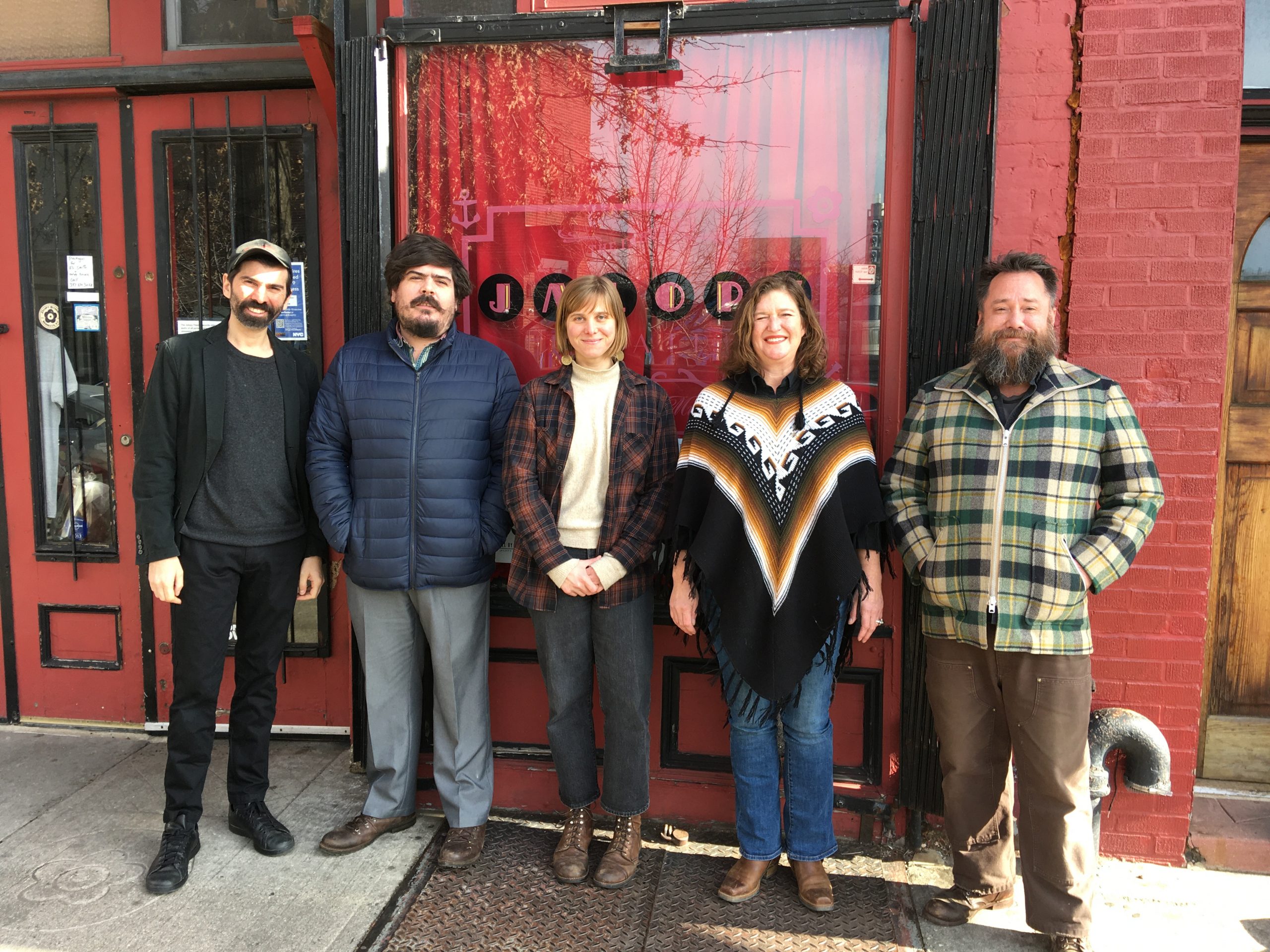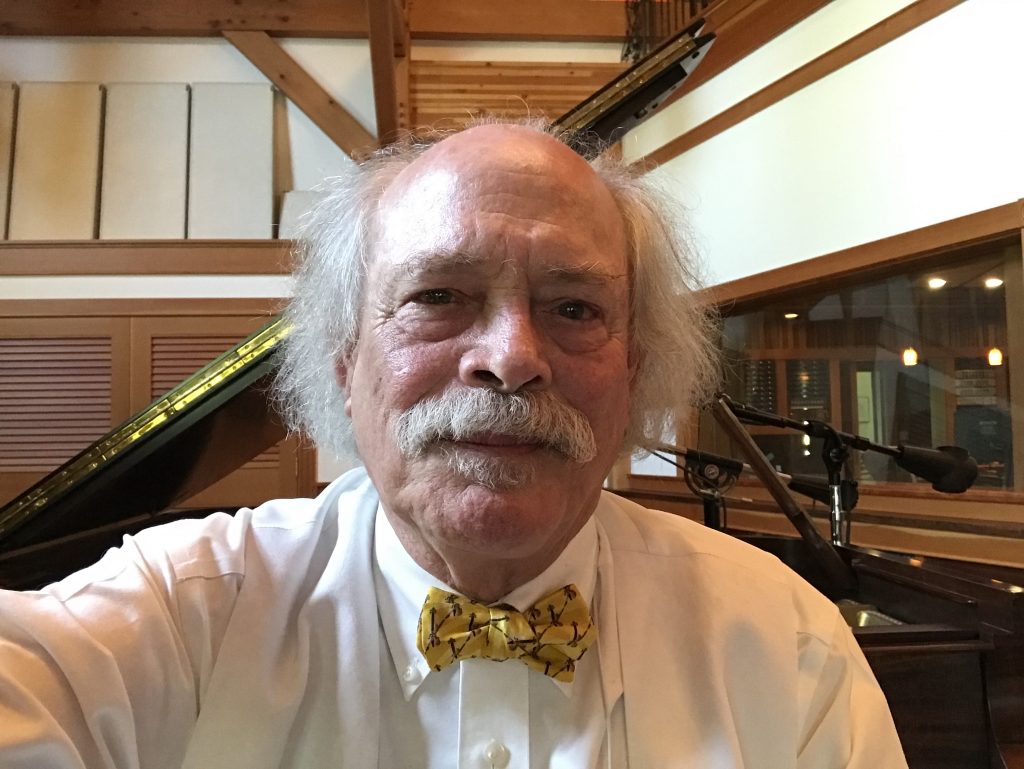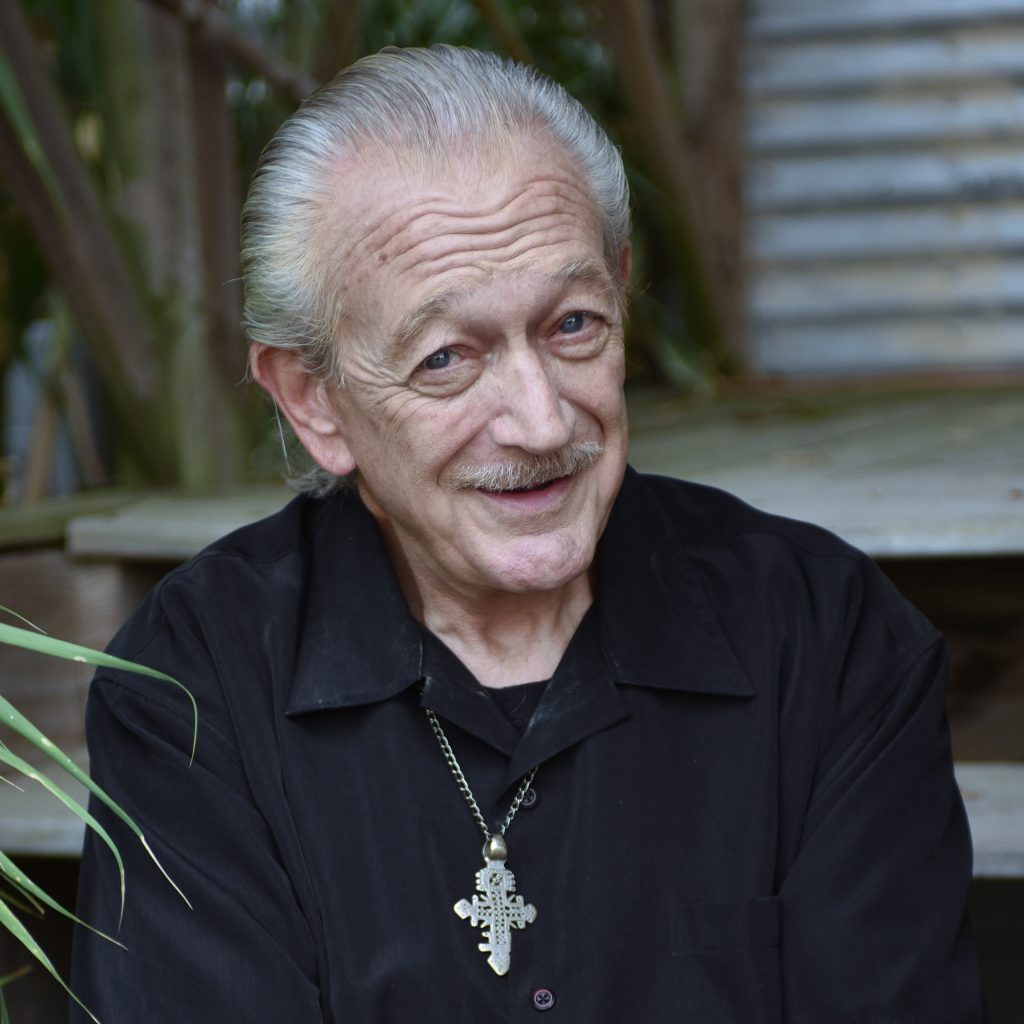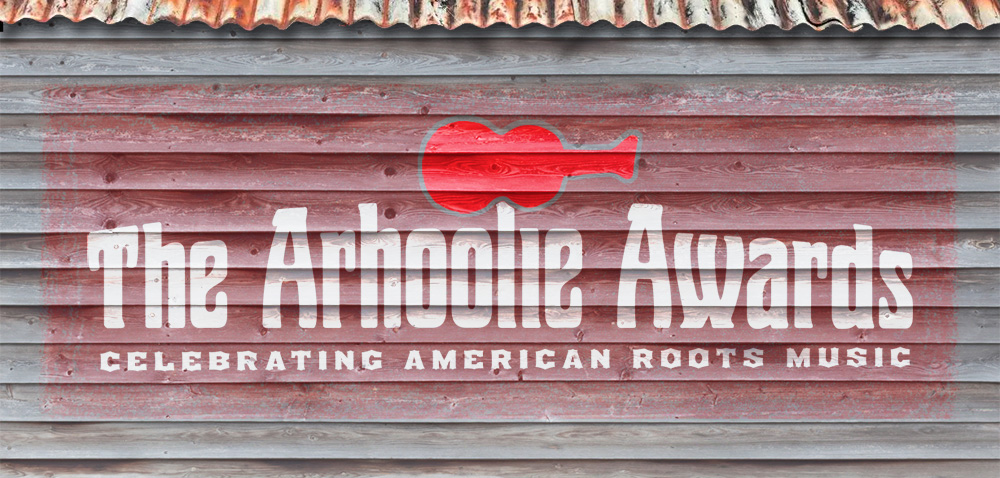
The Arhoolie Awards honor musicians, organizations, and individuals who carry on and uplift tradition-based music. Recipients are nominated by experts in the field and selected because of the extraordinary work they do to keep diverse roots and regional music thriving.
Meet the recipients of the fourth annual Arhoolie Awards:
The Jalopy Theatre and School of Music
The Jalopy Theatre and School of Music is a multi-faceted arts space showcasing evolving folk and traditional music and art from New York City, the Americas, and the world. Through their programming they support artists, foster multi-generational community, and provide enrichment and education about our shared musical heritage. They present a diverse array of cultural traditions from around the world, and facilitate the perpetuation of oral tradition through concerts, festivals, classes, workshops, film screenings, and open, participatory song sharing sessions. The Jalopy features live music most nights of the week, presents numerous annual festivals both at Jalopy and around New York, offers weekly classes for adults and children, and hosts multiple free jam sessions. Their in-house record label, Jalopy Records issues multiple recordings each year, featuring the music of contemporary folk and traditional artists as well as curated historical recordings.
Bobby Black
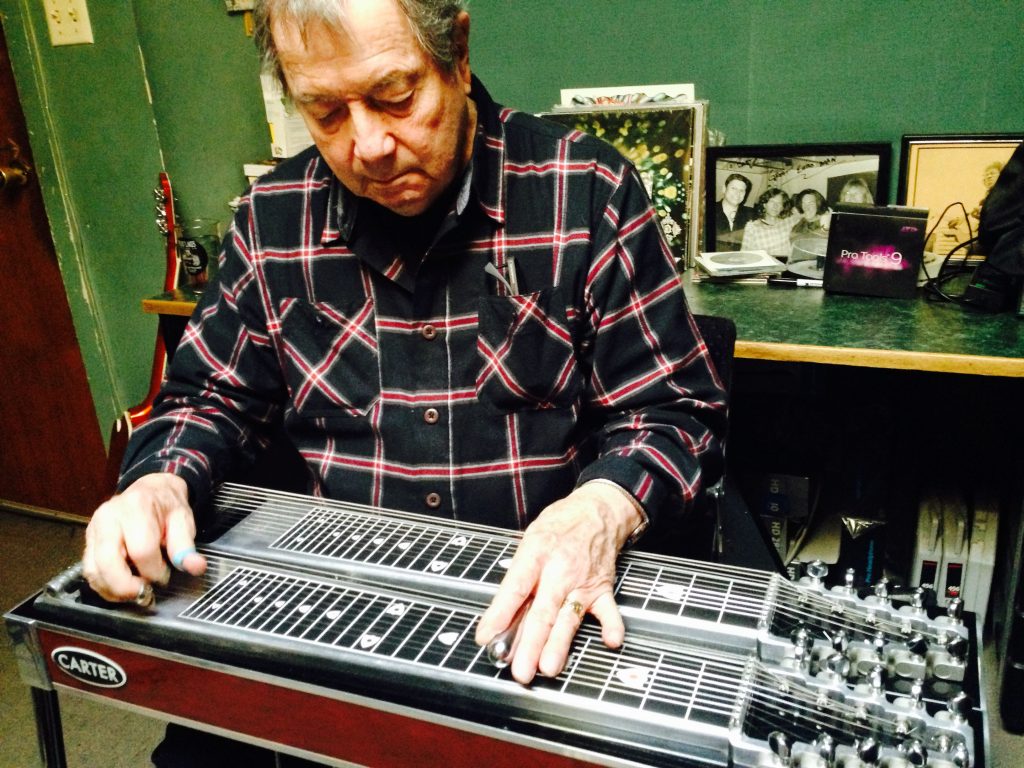
Charles “Chuck” Campbell
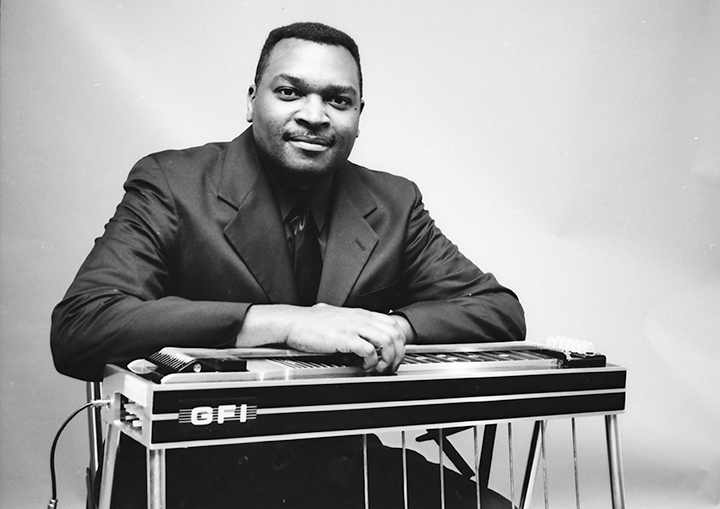
Ruben Castillo Juarez
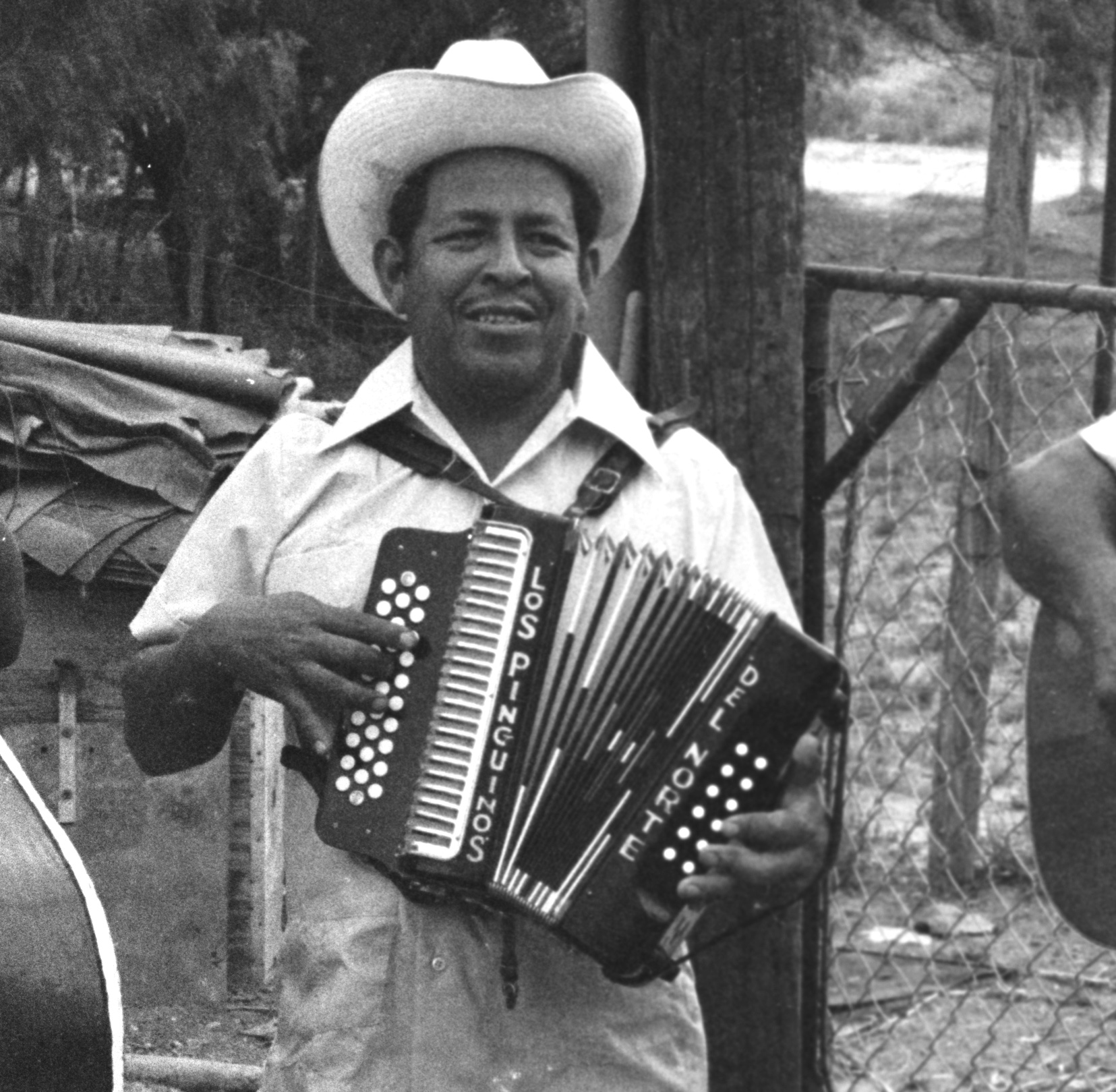
Patron of Traditional Music:
Ed Littlefield, Jr.
Ed Littlefield’s love of down-home music can be traced to the affection and support that his mother gave to the opera. Ed prefers music that can be played someone’s home and picked up the pedal steel (among his many instruments) in college and has had a successful career in bands from Lance romance to Marley’s Ghost. He has played with Emmylou Harris, Bob Weir, Marc & Ann Savoy and many others. And like his love and dedication to pedal steel, Ed has made it a point to invest in traditional music. Ed served as the major donor who helped facilitate the transfer of Arhoolie Records to the Smithsonian. Coupled with his ongoing support to Arhoolie, and traditional musicians, Ed has supported a wide range of music institutions such as the Freight & Salvage and the Ashkenaz in the Bay Area, the Festival of American Fiddle Tunes in Port Townsend, Washington and Swamp In The City at the Jalopy Theater in Brooklyn, New York. For his outstanding support of arts organizations, we are honoring him with a Special Arhoolie Award – Patron of the Traditional Arts.
The Chris Strachwitz Legacy Award:
Charlie Musselwhite
Charlie Musselwhite is an American original. Born in Mississippi, he grew up in Memphis and landed in Chicago to work and hear some of the great blues musicians of the era. One of the few young, white guys who frequented blues club, he got to witness and eventually play with the likes of Muddy Waters, Big Walter Horton, Big Joe Williams, Howling Wolf, Little Walter, and Sonny Boy Williamson. When he traveled west, he got hired by Arhoolie Records to help ship records around the country and to new blues markets all around the world. He recorded two great albums with Arhoolie in 1971 and 1974 and appeared on others. He has made 40 albums of his own and appeared on countless others by Tom Waits, Cyndi Lauper, Eddie Vedder, Bonnie Raitt, John Lee Hooker, Ben Harper, and more. And he has been recognized many times over by the Grammys, the Blues Music Awards, and the Blues Hall of Fame, which inducted him in 2010.


